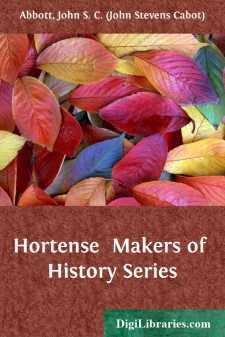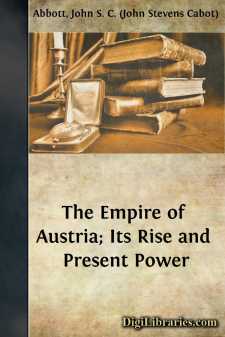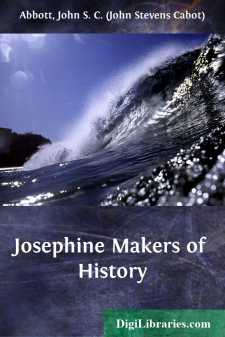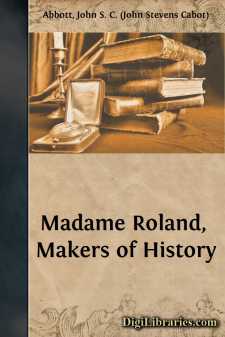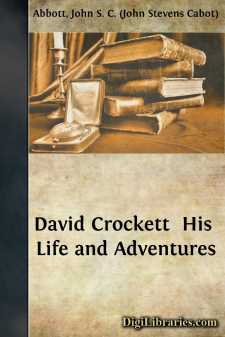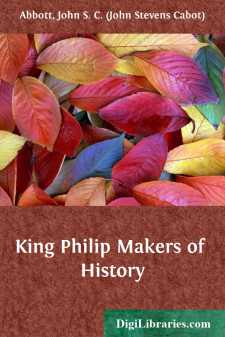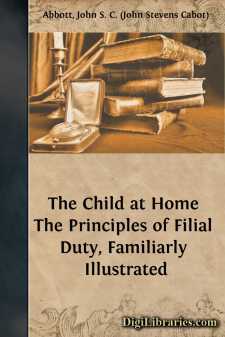Categories
- Antiques & Collectibles 13
- Architecture 36
- Art 48
- Bibles 22
- Biography & Autobiography 813
- Body, Mind & Spirit 142
- Business & Economics 28
- Children's Books 17
- Children's Fiction 14
- Computers 4
- Cooking 94
- Crafts & Hobbies 4
- Drama 346
- Education 46
- Family & Relationships 57
- Fiction 11829
- Games 19
- Gardening 17
- Health & Fitness 34
- History 1377
- House & Home 1
- Humor 147
- Juvenile Fiction 1873
- Juvenile Nonfiction 202
- Language Arts & Disciplines 88
- Law 16
- Literary Collections 686
- Literary Criticism 179
- Mathematics 13
- Medical 41
- Music 40
- Nature 179
- Non-Classifiable 1768
- Performing Arts 7
- Periodicals 1453
- Philosophy 64
- Photography 2
- Poetry 896
- Political Science 203
- Psychology 42
- Reference 154
- Religion 513
- Science 126
- Self-Help 84
- Social Science 81
- Sports & Recreation 34
- Study Aids 3
- Technology & Engineering 59
- Transportation 23
- Travel 463
- True Crime 29
Christopher Carson
Categories:
Description:
Excerpt
CHAPTER I.
Early Training.
Birth of Christopher Carson.—Perils of the Wilderness.—Necessary Cautions.—Romance of the Forest.—The Far West.—The Encampment.—The Cabin and the Fort.—Kit an Apprentice.—The Alarm.—Destruction of a Trading Band.—The Battle and the Flight.—Sufferings of the Fugitives.—Dreadful Fate of Mr. Schenck.—Features of the Western Wilderness.—The March.
Christopher Carson, whose renown as Kit Carson has reached almost every ear in the country, was born in Madison county, Kentucky, on the 24th of December, 1809. Large portions of Kentucky then consisted of an almost pathless wilderness, with magnificent forests, free from underbrush, alive with game, and with luxuriant meadows along the river banks, inviting the settler's cabin and the plough.
There were then many Indians traversing those wilds. The fearless emigrants, who ventured to rear their huts in such solitudes, found it necessary ever to be prepared for an attack.
But very little reliance could be placed even in the friendly protestations of the vagabond savages, ever prowling about, and almost as devoid of intelligence or conscience, as the wolves which at midnight were heard howling around the settler's door. The family of Mr. Carson occupied a log cabin, which was bullet-proof, with portholes through which their rifles could command every approach. Women and children were alike taught the use of the rifle, that in case of an attack by any blood-thirsty gang, the whole family might resolve itself into a military garrison. Not a tree or stump was left, within musket shot of the house, behind which an Indian could secrete himself.
Almost of necessity, under these circumstances, any bright, active boy would become a skilful marksman. A small garden was cultivated where corn, beans and a few other vegetables were raised, but the main subsistence of the family consisted of the game with which forest, meadow and lake were stored. The settler usually reared his cabin upon the banks of some stream alive with fishes. There were no schools to take up the time of the boys; no books to read. Wild geese, ducks and other water fowl, sported upon the bosom of the river or the lake, whose waters no paddle wheel or even keel disturbed. Wild turkeys, quails, and pigeons at times, swept the air like clouds. And then there was the intense excitement of occasionally bringing down a deer, and even of shooting a ferocious grizzly bear or wolf or catamount. The romance of the sea creates a Robinson Crusoe. The still greater romance of the forest creates a Kit Carson. It often makes even an old man's blood thrill in his veins, to contemplate the wild and wondrous adventures, which this majestic continent opened to the pioneers of half a century ago.
Gradually, in Kentucky, the Indians disappeared, either dying off, or pursuing their game in the unexplored realms nearer the setting sun. Emigrants, from the East, in large numbers entered the State. Game, both in forest and meadow, became scarce; and the father of Kit Carson, finding settlers crowding him, actually rearing their huts within two or three miles of his cabin, abandoned his home to find more room in the still more distant West.
Christopher was then the youngest child, a babe but one year old. The wilderness, west of them, was almost unexplored. But Mr. Carson, at his blazing fireside, had heard from the Indians, and occasionally from some adventurous white hunter, glowing accounts of the magnificent prairies, rivers, lakes and forests of the far West, reposing in the solitude and the silence which had reigned there since the dawn of the creation.
There were no roads through the wilderness. The guide of the emigrants was the setting sun. Occasionally they could take advantage of some Indian trail, trodden hard by the moccasined feet of the savages, in single file, through countless generations....



